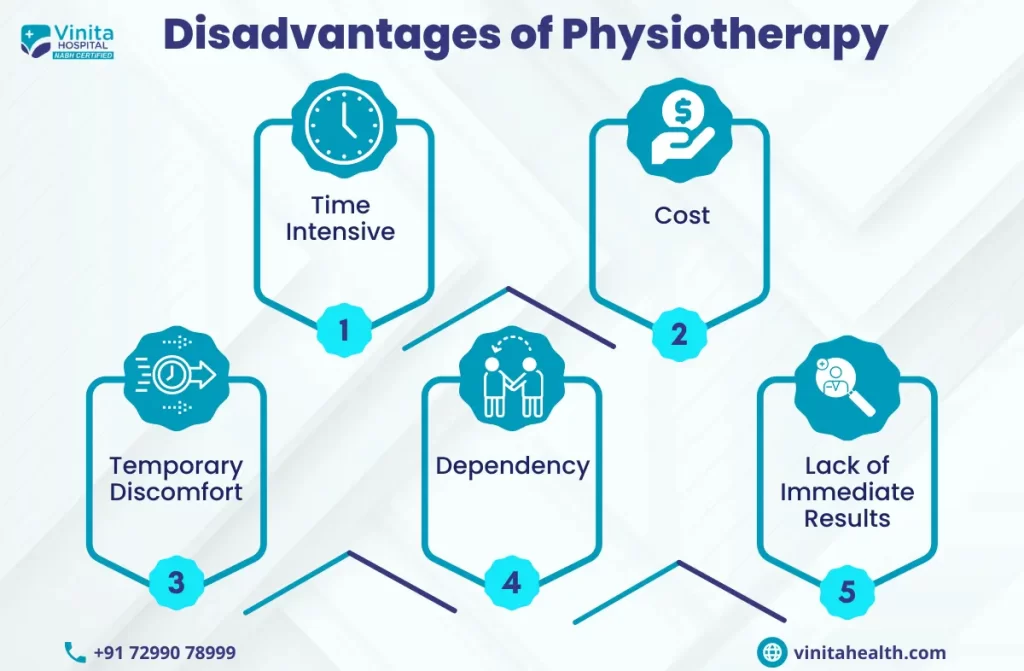In the fast-paced world we live in, maintaining optimal health and wellness has become more crucial than ever before. Among the various tools available to enhance our well-being, physiotherapy stands out as a versatile and effective approach. Physiotherapy, also known as physical therapy, is a branch of healthcare that utilizes manual techniques, exercise, and education to improve and restore physical function. In this blog, we’ll explore the numerous benefits of physiotherapy that contribute to a better quality of life.
Benefits of Physiotherapy
Pain Management
One of the primary benefits of physiotherapy is its role in managing and alleviating pain. Whether you’re dealing with chronic pain conditions, post-injury discomfort, or musculoskeletal issues, physiotherapy can provide effective pain relief. Through targeted exercises, manual therapy, and modalities such as heat or cold therapy, physiotherapists work to reduce pain and improve your overall comfort.

Improved Mobility and Flexibility
Limited mobility can significantly hinder your daily life and activities. Physiotherapy focuses on enhancing your range of motion and flexibility through specialized exercises and stretching routines. Whether you’re recovering from surgery, managing a chronic condition, or looking to prevent age-related mobility issues, physiotherapy can help you regain and maintain your physical independence.
The benefits of physiotherapy in this context are evident, as the tailored exercises and techniques employed by physiotherapists not only increase your flexibility but also contribute to an improved quality of life.
Injury Prevention
Prevention is always better than cure, and physiotherapy excels in this aspect. By identifying your vulnerabilities and addressing muscular imbalances, weak areas, and faulty movement patterns, physiotherapists can guide you in adopting safer movement techniques. This proactive approach not only reduces the risk of injuries, especially in athletes and individuals engaged in physical activities but also highlights one of the significant benefits of physiotherapy.
Through targeted exercises and expert guidance, physiotherapy acts as a shield against potential injuries, ensuring your well-being and longevity.
Enhanced Posture
In today’s digital age, poor posture is a common concern due to prolonged hours spent sitting and using electronic devices. Physiotherapy can correct postural problems by providing exercises that strengthen the muscles responsible for maintaining proper alignment. Improved posture not only prevents discomfort but also contributes to increased energy levels and better self-confidence. This aspect of physiotherapy, focused on enhancing posture, showcases yet another of the remarkable benefits of physiotherapy.
Rehabilitation after Surgery
Surgery, while often necessary, can lead to decreased mobility and muscle weakness during recovery. Physiotherapy plays a vital role in post-surgical rehabilitation by designing tailored exercise programs that promote healing, restore function, and prevent complications. Whether it’s joint replacement, ligament repair, or any other surgical procedure, physiotherapy helps you get back on your feet sooner.
Management of Chronic Conditions
Chronic conditions such as arthritis, diabetes, and heart disease require comprehensive management strategies. Physiotherapy can be integrated into these strategies to improve cardiovascular fitness, manage pain, and enhance overall well-being. Through personalized exercise plans, physiotherapists empower individuals to actively participate in their health management.
Stress Relief
Physical well-being and mental well-being are closely interconnected. Engaging in physiotherapy not only promotes physical health but also contributes to stress relief and mental relaxation. The release of endorphins during exercise, combined with the sense of accomplishment from overcoming physical challenges, has a positive impact on mental and emotional states.
Personalized Approach
One of the key strengths of physiotherapy is its personalized approach. Physiotherapists assess your unique needs, goals, and medical history to design a treatment plan tailored to your specific requirements. This individualized attention ensures that you receive the most effective care for your condition, highlighting the exceptional benefits of physiotherapy.
Through this tailored approach, physiotherapy addresses your distinct challenges and goals, ensuring that each session is optimized to promote your well-being and recovery.
Disadvantages of Physiotherapy
While physiotherapy offers numerous benefits for individuals seeking improved health and wellness, there are also some potential disadvantages of physiotherapy:
- Time-Intensive: Physiotherapy often requires regular sessions over an extended period of time to achieve optimal results. This can be time-consuming for individuals with busy schedules, potentially leading to difficulties in adhering to the recommended treatment plan.
- Cost: Depending on the healthcare system and insurance coverage, the cost of physiotherapy sessions can accumulate, especially if multiple sessions are required. For some individuals, the financial burden might deter them from pursuing ongoing physiotherapy treatment.
- Temporary Discomfort: Certain physiotherapy techniques, such as deep tissue massage or specific exercises, can initially cause discomfort or soreness. While this discomfort is usually temporary and indicative of the body’s healing process, it might discourage some individuals from continuing with their treatment.
- Dependency: In some cases, individuals might become overly reliant on physiotherapy sessions for pain relief or functional improvement. This dependency could limit their ability to manage their condition independently and might not address the underlying issues causing their discomfort.
- Lack of Immediate Results: Unlike certain medical interventions that yield quick results, physiotherapy often requires consistent effort and patience before noticeable improvements occur. This delay in seeing results might lead to frustration or skepticism, causing individuals to discontinue treatment prematurely.
Conclusion
Physiotherapy is a holistic and evidence-based approach to improving your physical health and overall well-being. From managing pain and enhancing mobility to preventing injuries and supporting post-surgical recovery, the benefits of physiotherapy are diverse and far-reaching. By incorporating physiotherapy into your healthcare routine, you’re taking a proactive step toward a healthier, more active, and pain-free life. Consult a qualified physiotherapist to discover how this remarkable therapy can transform your well-being.
Read also Vascular Surgery Hospital in Chennai.






